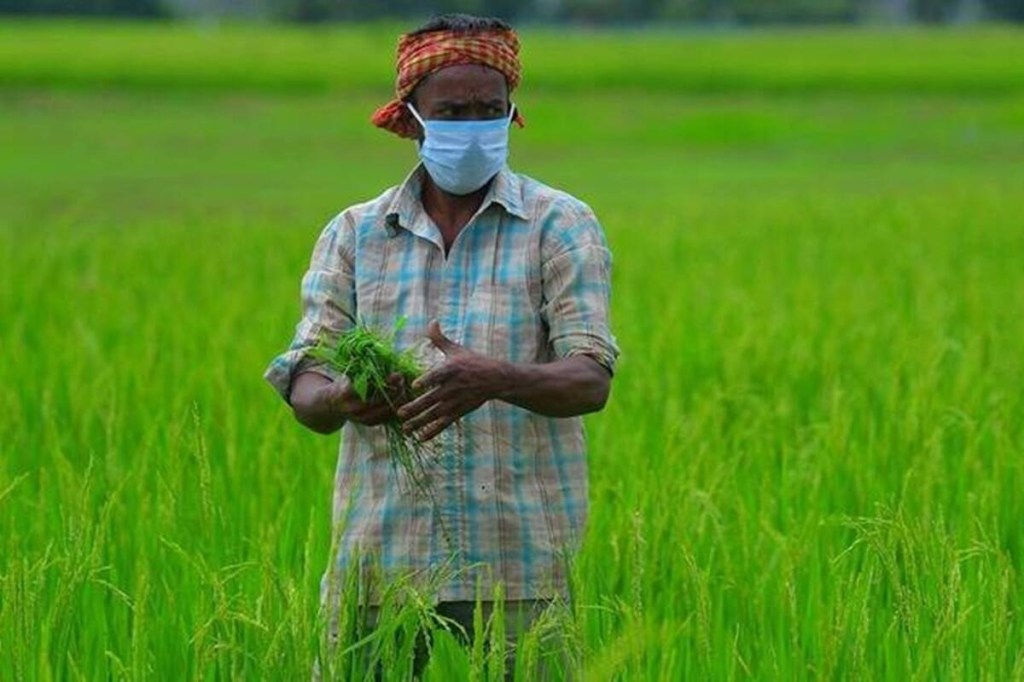Farmers unions, protesting against the three farm laws, on Tuesday demanded immediate roll-back of increase in prices of diammonium phosphate (DAP), a decontrolled fertiliser, saying costs of agricultural inputs have already gone up with high prices of diesel.
“We demand the government to withdraw the increased rate immediately. The rising prices of DAP and diesel are primarily a sign of dismantling of the minimum support price (MSP) system. The input cost in agriculture is increasing and the farmer is not getting the fair price of the crop,” Samyukt Kisan Morcha (United Farmers’ Front) said in a statement.
The Indian Farmers Fertiliser Cooperative (Iffco) has increased the price of 50 kg bag of DAP by 58%. Till last month, the packet was available for Rs 1,200. Now, as new packets with revised price have started coming to the market, farmers are paying Rs 1,900, said a farmer leader. Alleging that the government tried to abolish the MSP system through three farm laws, SKM said, “Under pressure of the current farmers’ movement, it could not abolish the MSP directly, but indirectly it is making every effort to end the MSP.”
However, the government has been maintaining that the MSP system is going to stay and there is no plan to dismantle it. On the other hand, both agriculture minister Narendra Singh Tomar and Prime Minister Narendra Modi have been illustrating with the ongoing wheat procurement, targeted at record 43 million tonne (MT), to drive home the point that MSP system will continue. So far, the Centre has procured 37.35 MT of wheat worth Rs 73,769 crore at MSP value, up by 24% from the year-ago period. The procurement will continue till end of June.
In last few months, the international prices of raw materials of DAP and potash fertilisers have increased sharply, the government said last week. Though DAP prices in India were not raised by the companies till last month, some companies have now increased DAP price, it said on May 15.
“Government is fully sensitive to the concerns of farmers and is already taking steps to tackle the situation so that farming community can be saved from the effects of this price rise,” fertiliser ministry had said, adding it is also considering (to increase) the subsidy rates to offset the rise in international prices.
Prices of phosphatic (P) and potassic fertilisers (K) are determined by the market as subsidies provided by the government are minimal and fixed. These fertilisers are mostly imported. The Budget allocation for subsidy of P and K fertilisers for FY 22 has been reduced to Rs 20,720 crore from about Rs 39,000 crore in FY 21 (RE).

